Biography
Richard Kratzmann is the first son of a German family in Prague having their origins in the Sudetenland. His father was the owner of a metal factory. His mother owned a successful fashion salon in Prague. She herself was very artistic and recognized very early her sons’ talent for music. When he was 4 years old he received piano lessons with well known music teachers.
12
In May 1945 Richard Kratzmann’s father was arrested for his German origins but also for “being an exploiter of the proletariat”. All possessions of the family were confiscated by the communists. The biggest part was arrogated by a high official of the communist party. Further, the same official ordered the secret state police to watch the whole family. The family was banned from Prague. All efforts to emigrate to West-Germany were banned. In 1953 the emigration to West-Germany was permanently banned by the department of the Interior.
12
By the end of the war Kratzmann had attended a German elementary school. After an entrance examination in Czech he was allowed to continue his schooling at a primary school in the small town of Jitschin in East Bohemia. The six years custody of his father and the repeated persecution of the family were a heavy burden for young Kratzmann, and he sought compensation in the world of music. He attended a private audition with the famous Czech concert pianist Otakar Vondrovic who was thrilled by the extraordinary talent of the young Kratzmann. He taught him for two years - until Kratzmann had to withdraw from the intensive study of music due to the heavy physical work. He had been excluded from a secondary school education after completion of nine years of education at the elementary and middle school in 1952. He worked as a laborer in a furniture factory, an iron foundry and a construction company. His fellow workers obtained a recommendation of the workers' committee for him, after which he was allowed to attend classes in an evening school and a high school in Jablonec nad Nisou.At the time of dogmatic Stalinist socialism Kratzmann's father was arrested again in 1957. A general prohibition of university studies was imposed on him.
12
In 1960 Kratzmann was drafted into compulsory military service. Here he met the contra bassist of the "Prague Nonets" Vaclav Fuka, who was looking for a piano accompaniment for his concerts in the context of military service. They formed a duo and this was also the beginning of the career as a pianist from Kratzmann. The duo soon became a household name and was therefore given full support for artistic work. The two musicians were allowed to participate in the finals of the military Artists Competition in Bratislava (Pressburg). The duo, with Kratzmann in piano solo, won first prize. The jury included renowned Czech artists and teachers, among others, the cellist of the Prague Chamber Trio, Professor F. Smetana. Smetana convinced Kratzmann in the light of his talent to devote himself to a music career, and promised him full support.
12
Upon completion of military service and a brief job as a coach at the Theater "Poetic Cabaret" in the Prague Spring Era Kratzmann was preparing for the entrance exam at the Academy of Performing Arts in Prague. He passed the exams as Best of all applicants in all disciplines of the academy. Kratzmann studied for six years at the Academy as a master student of professor Rauch and Palenicek who both not only in their own country had a reputation as a so-called "National Artist". Kratzmann finished his studies at the Academy with the result "Excellent with Distinction". Due to its very late studying and the usual age restrictions Kratzmann unfortunately did not participate in international competitions. He could do nothing more than progress through the normal channels.
12
Already during his studies Kratzmann gave piano concerts and attracted the attention of the music scene in Prague. At the end of his studies, the documentary film with him and his professors entitled "Johannes Brahms and his Piano Concerto in B flat major" was shot. The film won the first prize at a film festival with artistic themes and was broadcast on Czech television several times. He celebrated at this time already a great success.. Therefore, he was taken under contract by of the state Czechoslovak music agency "Pragokonzert" after his studies. It started a promising concert career abroad for Kratzmann. His concerts in almost all countries of the former Eastern bloc as well as in England, Scotland, Ireland, Austria, Egypt and Cuba have confirmed his outstanding artistic talent always with complete success. Only four times he travelled on concert tours throughout the former USSR and has performed as a soloist with various orchestras. The concert performances were furthermore accompanied by recordings and concert recordings for radio and television stations of different countries as well as live broadcasts.
12
In the third year of his commitment, he played the "Piano Concerto in B flat minor" by P. Tchaikovsky with the Prague Symphony Orchestra in the same Smetana concert hall, where he was a few years previously employed as a labourer for renovation in the basement. As he sat at the piano, the strong feelings and memories overwhelmed him from this difficult time. Only with the greatest use of his reserves, could he regain his absolute concentration and start his solo part.
In 1970 Kratzmann was appointed soloist of the Prague Chamber Orchestra, where he was employed until 1973. In addition to his concerts, he also worked as a teacher at the Prague Conservatory from 1975. In the course of internal political infighting the past of his family was again accused. The concert agency organized no more concerts for Kratzmann and teaching at the Academy of Arts was rejected him by the authorities despite recommendations and efforts of the professors.
12
In 1978, finally Kratzmann could leave. Since Germany was a taboo for exit permits Kratzmann was allowed to visit relatives in France. From there he fled to Germany and settled in Munich, where he still lives today. He worked very closely with the chief conductor of the Bavarian Radio Symphony Orchestra, Rafael Kubelik, consequently numerous recordings were made at the Bavarian Broadcasting and Radio Bremen. In addition, he has performed as a soloist with the Bavarian Radio Symphony Orchestra and the Bamberg Symphony Orchestra under conductors such as Hans Vonk and Jan Koetsier. To date, he pursued in addition to his concert appearances to work with young talents. His very demanding repertoire ranges from baroque to contemporary music.
12
The artist is represented by the agency RICHART Agentur Heidrun Schulz.
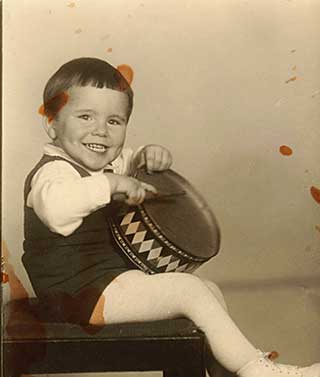
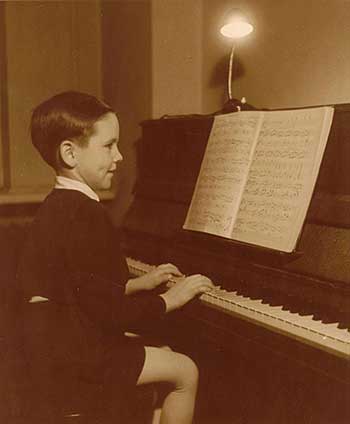
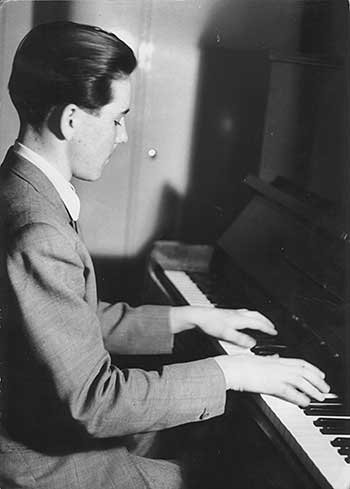
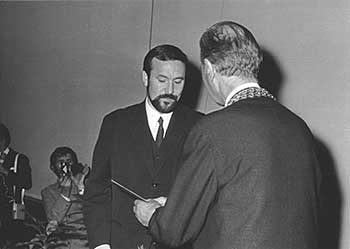
Übergabe des Meister-Diploms
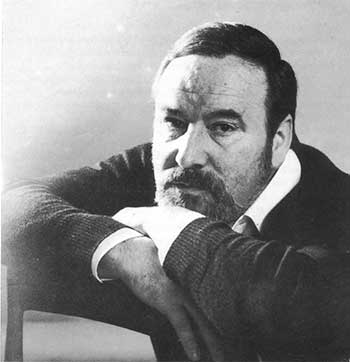
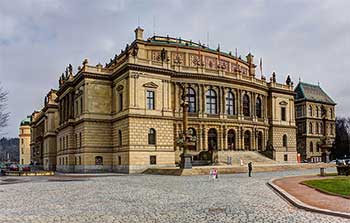
Rudolphinum, Prag, das Domizil der tschechischen Philharmonie mit dem Dvořák-Konzertsaal, hinterer Gebäudetrakt ehemalige Akademie der musischen Künste mit dem Prager Konservatorium
— Foto: Heinz-Josef Lücking